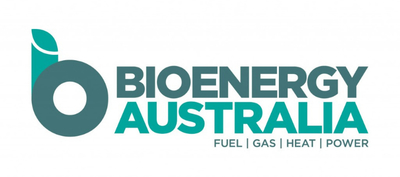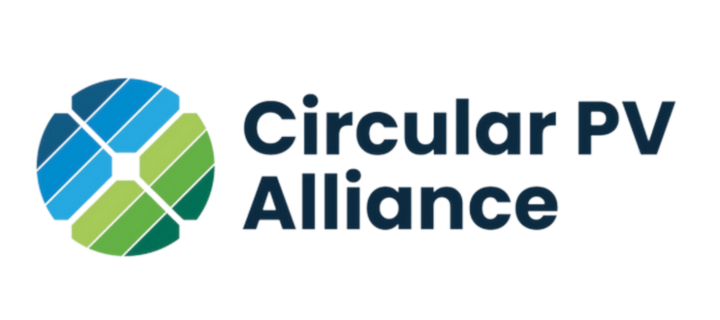The role of renewable gas in decarbonisation
Register for this interactive Bioenergy Australia live webinar where you will hear from some of the world’s leaders on the potential roles for green gases in decarbonising a range of sectors.

BA Webinar: IEA Bioenergy Task 37 - The role of renewable gas in decarbonisation and current status of biomethane frameworks in IEA Bioenergy member countries
Decarbonisation is about so much more than electricity which only accounts for about 20% of final energy demand. We must make decisions informed by scientists and engineers and implemented through policy as to what technologies and roadmaps will be employed to decarbonise the hard to abate sectors including: heavy transport; high temperature industrial heat; agriculture; fertiliser and chemical production. When it is considered that at present in the EU and the US the natural gas grid provides more energy than the electricity grid, it cannot be seen as a sensible process to abandon such infrastructure and start again, not with the imminent climate emergency and the need to act fast.
The existing natural gas infrastructure is very extensive in many industrialised countries and rather than be viewed as a future redundancy associated with a fossil fuel system, it could instead be seen as offering huge benefits for green renewable gas as a future decarbonised energy carrier. The whole natural gas infrastructure system was put in place at huge cost and includes for an extensive transport system of transmission and distribution pipes and connections to industries and homes. Within specific industries gas boilers, CHP units and associated systems are in place to provide the necessary ingredients and energy provision for end products that range from ammonia to whiskey.
Renewable gas technologies include biogas and biomethane from wet organic material, syn-gas from dry woody material and hydrogen from electricity. Power to gas includes initially hydrogen production via electrolysis but also further processing to renewable methane via the Sabatier Process (4H2 + CO2 = CH4 + 2H2O). The source of the carbon dioxide can be from for example the food and beverage industry and include reducing the carbon footprint of industry. Electro-fuels can convert hydrogen to liquid fuels such as methanol (CH3OH) and fertiliser such as ammonia (NH3). Production of renewable gases tend to be part of broader circular economy systems which impact not only the energy sector but have a role in environmental protection, waste management, facilitation of intermittent renewable energy systems and act as biological batteries.
The presentation also addresses major highlights of a survey within countries participating in IEA Bioenergy on the current status of biomethane frameworks and provides recommendations for a successful sector development. The technology of biomethane provision is mature given more than 500 applications only in Europe. However, as long international framework conditions for the greenhouse gas emission reduction are given, every nation implements more or less successful support schemes for the implementation of renewable energy in general and for biomethane in particular.
Agenda
Welcome
Georgina Greenland, National Manager, Industry Development & Advocacy Bioenergy Australia
Professor Bernadette McCabe, University of Southern Queensland, Australian National Team Leader IEA Bioenergy Task 37
The potential role of renewable gas in decarbonisation
Dr David Wall University College Cork, Ireland and IEA Bioenergy Task 37 co-lead for Ireland
Professor Jerry Murphy, University College Cork, Ireland and IEA Bioenergy Task 37 leader
Biomethane – status and framework conditions – results of a survey
Dr.-Ing Jan Liebetrau, Rytec GmbH Germany and IEA Bioenergy Task 37 lead for Germany
Q&A
Panel session moderated by Professor Bernadette McCabe, University of Southern Queensland, Australian National Team Leader IEA Bioenergy Task 37
















